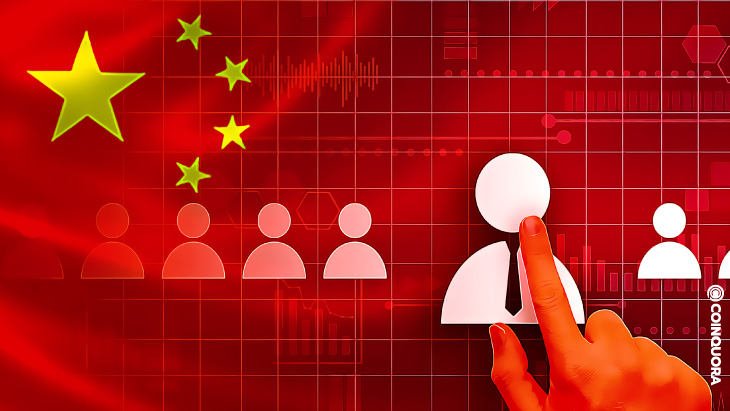Blockchain News
- China’s Blockchain-based Service Network (BSN) is developing a version of the well-known distributed ledger technology.
- The beta version of this new blockchain, which is called BSN Spartan Network, is expected to be released on August 31.
- There are, however, some trust issues regarding the technology.
China’s Blockchain-based Service Network (BSN) is developing a version of the well-known distributed ledger technology that is designed to be used in international markets and will not involve cryptocurrencies like Bitcoin or Ethereum.
The chief executive of Red Date Technology, He Yifan, stated that the beta version of this new blockchain, which is called BSN Spartan Network, is expected to be released on August 31.
After its official launch in 2020, the main objective of the BSN is to develop a global public infrastructure that will deploy and operate all types of blockchain-distributed applications. It also aims to push China into a leadership role in the industry in the next 10 years by making blockchain technologies easier and cheaper to use in businesses and institutions around the world.
There are, however, some trust issues regarding the technology. Yifan has tried to calm people’s nerves by stating that “if you don’t trust us, check the code.” He also acknowledges that people might be hesitant as most public blockchain operators prefer to operate with cryptocurrencies.
Yifan revealed that he approached about 60 public chains to join him in building a non-crypto chain, but “they only care about how many new people will come in and buy tokens.”
All transaction charges on the BSN will be paid in fiat money such as the US dollar, and the BSN plans to also support USD Coin.
At the BSN Summit on May 24, Jehan Chu, the founder of Kinetic Capital stated that the upcoming Spartan Network could be “particularly suited for the developing world.” This could include Africa, South America, and South Asia.


